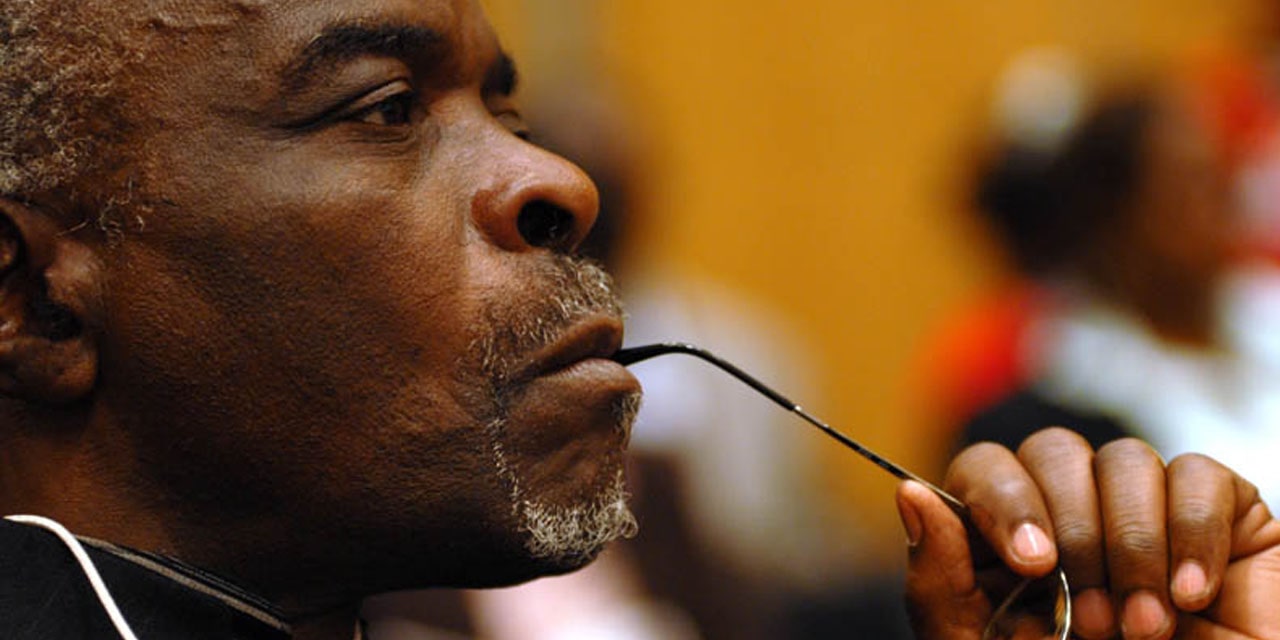Citizen Nahas Angula
The Central Committee of the SWAPO-Party joined by leaders from the structures is due to meet in Windhoek from 25-26 July 2020 to conduct what President Hage Geingob describes as an introspection of its own conduct. The Party will examine itself with the view of finding out whether it still represents the interest of the broad masses of the Namibian people. The Presidential and National Assembly election results of 2019 clearly demonstrated that there is widespread feeling of disillusionment, especially among the youth, in the way the Party is running the affairs of the country. Many voters casted a protest vote against the Party and gave their votes to Opposition Parties.
If the introspection is going to be genuine, the Party should look deep in its history. The founders of the SWAPO-Party defined its ideals as solidarity, justice and freedom. These ideals cultivated a sense of common purpose, belonging and comradeship. Comradeship enabled members to treat each other as a community of dedicated patriots who are committed to fight for freedom and justice. This was the spirit which enabled the Party to overcome and withstand different challenges it faced during the protracted struggle for freedom and independence. Such challenges emanated from different sources: ideological differences, enemy infiltration and destabilization, generational- differences, power struggles, just to mention a few. The Party was able to transcend such differences because it subscribed to the ideal of comradeship.
During the 2017 Congress, a new phenomenon emerged: the ‘slate- politics’. The slate politics introduced the notion of “some comrades are more preferred than others”. Such an idea is not just undemocratic but also does not nurture the long established SWAPO Party culture of comradeship. This is a form of Orwellian Animal Farm, “some animals are more equal than others.”
Another phenomenon which is causing SWAPO-Party members to be disillusioned is the perception that some comrades are using the Party for self-enrichment. Some members of the Central Committee have been found by courts of law of having used their positions for their own benefit or for the benefit of their relatives. The ongoing saga of Fishrot has re-enforced public perception that there is widespread corruption in the Party. Such a perception erodes the Party high moral grounds. In this way the general membership loses trust and confidence in the Party.
The general condition of poverty, inequality, unemployment and poor conditions of living, especially in peri-urban areas, further aggravate the youth anger against the Party. The Party of solidarity, freedom and justice is no more viewed as representing the basic needs of the down trodden. It is now viewed as a Party of the elites, serving the interests of the well-connected few.
As the Central Committee sits down to look itself in the mirror it may not recognize its image as the Party rooted in the ideals of solidarity, justice and freedom. Honest members of the Central Committee and those representing the Party from its Structures should summon courage and recognize that the Party needs to retrace its steps and find out where it went off the rails. The leadership should guard against what Charles Lewis of Georgetown University characterized as the tendency of “comfort cult”, the proclivity for self-delusion that everything in the Party is right.
Ignore those who allege to be suffering from the Savimbi Syndrome. If such attitude prevails with the leadership, the Party could be its ultimate casualty. The Party runs a risk of fading away beneath us as new power altering-choices emerge in the political landscape. The leadership should seriously engage itself in “the art of self-inquiry.”
To many of us, the SWAPO-Party is our heritage, our identity and our history. The Namibian patriots should put their differences aside, as they did during the bitter struggle and re-invent the Party of liberation. That should be the central tenet of self- reflection. Introspection could only be meaningful if it is honest, genuine and truthful.
In addition the Party should cleanse itself from the public perception of corruption within its ranks. Traditionally the SWAPO-Party was underpinned by the values of self-sacrifice, sharing and caring. Elitism and careerism are foreign tendencies within the traditions of the Party.
Among many of its objectives, the SWAPO-party aims at uniting the Namibian people irrespective of race, religion, sex or ethnic origin; to foster a sense of common purpose and collective destiny among the Namibian people; to combat retrogressive tendencies of tribalism ethnicity, nepotism, racism, sexism, chauvinism, regionalism and personality cult; to instill in the Namibian people a spirit of patriotism; and to fight underdevelopment, poverty, illiteracy and disease. The Party leadership should recommit itself to these objectives and revitalize the Party.
The author is the Founder of Namibian Schools in Exile, Former SWAPO Secretary for Information and Publicity, Former SWAPO Secretary for Education and Culture




